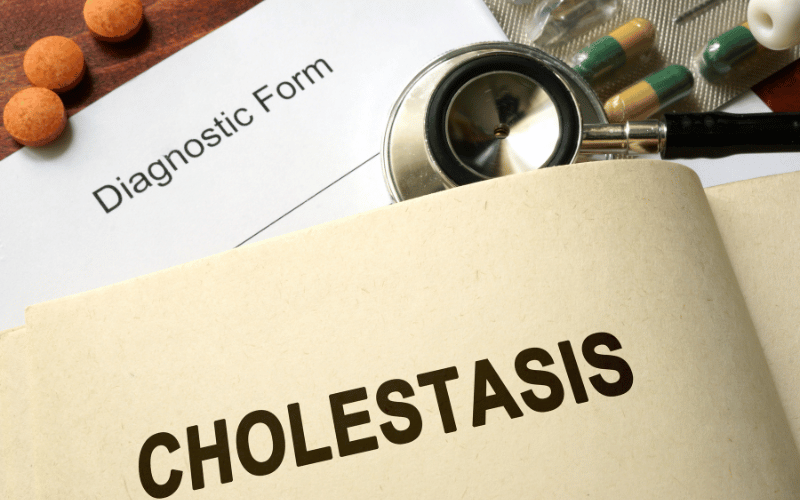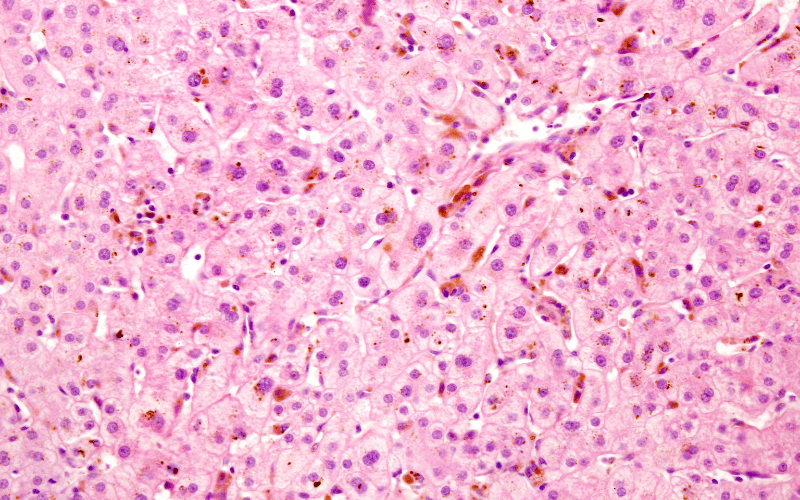Introduction: Diving Deep into Cholestasis
Cholestasis, a condition characterized by an impairment in the flow of bile from the liver, stands as a critical health concern with wide-ranging implications. Understanding this ailment requires delving into its various facets, from identifying causes and symptoms to exploring treatment options and grasping the long-term outlook. This article aims to navigate through the complexities of cholestasis, providing in-depth insights into 15 key aspects of the condition.

The liver, a powerhouse organ, plays a pivotal role in numerous bodily functions, including the production of bile—a vital digestive juice. In cholestasis, bile flow from the liver gets obstructed, leading to a buildup within the organ. This disruption can manifest in a spectrum of symptoms and, if left unchecked, may give rise to severe complications. It’s imperative to recognize that cholestasis is not a disease in itself but rather a symptom indicative of an underlying issue requiring urgent medical attention.
Patients may experience a range of symptoms, from jaundice (a yellowing of the skin and eyes) and intense itching, to dark urine and pale-colored stools. The nature and intensity of these symptoms can vary significantly, highlighting the need for a personalized approach to diagnosis and treatment. Additionally, certain populations, such as pregnant women, are at a higher risk of developing specific forms of cholestasis, necessitating targeted attention and care.
Delving into the causes, cholestasis can be triggered by a variety of factors. Blockages in the bile ducts, liver diseases like hepatitis or cirrhosis, and certain medications are among the common culprits. Understanding these triggers is crucial as it sets the stage for effective treatment and management of the condition.
As we navigate through this article, we will explore these aspects in detail, providing a clear and detailed understanding of cholestasis, its implications, and the various strategies available for managing this complex condition.
Fact 1: What is Cholestasis? Understanding the Basics

Cholestasis is a liver disorder that results in a significant disruption of bile flow. The liver is responsible for producing bile, a crucial digestive fluid that helps break down fats and remove toxins from the body. When cholestasis occurs, the flow of bile is blocked or slowed down, leading to an accumulation of bile acids in the liver and bloodstream.
The most immediate and noticeable symptom of cholestasis is intense itching, particularly on the hands and feet, although it can spread to other parts of the body. This itching is often worse at night and can be severe enough to interfere with daily life and sleep. The condition can also cause jaundice, a yellowing of the skin and eyes, as the bilirubin (a component of bile) builds up in the bloodstream.
Cholestasis can be categorized into two main types: intrahepatic, which occurs inside the liver, and extrahepatic, which occurs outside the liver. Intrahepatic cholestasis is often associated with liver diseases, genetic conditions, or certain medications, while extrahepatic cholestasis is usually caused by a blockage in the bile ducts, often due to gallstones or tumors.
Diagnosing cholestasis typically involves a combination of blood tests, imaging studies, and sometimes liver biopsy. Treatment depends on the underlying cause of the condition but may include medications to relieve symptoms and address the cause, changes in diet, and in some cases, surgery.
Understanding cholestasis is the first step in managing this challenging condition. By identifying the symptoms early and seeking medical attention, individuals can work with their healthcare providers to develop a comprehensive and personalized treatment plan, helping to alleviate symptoms and address the underlying issue. (1)